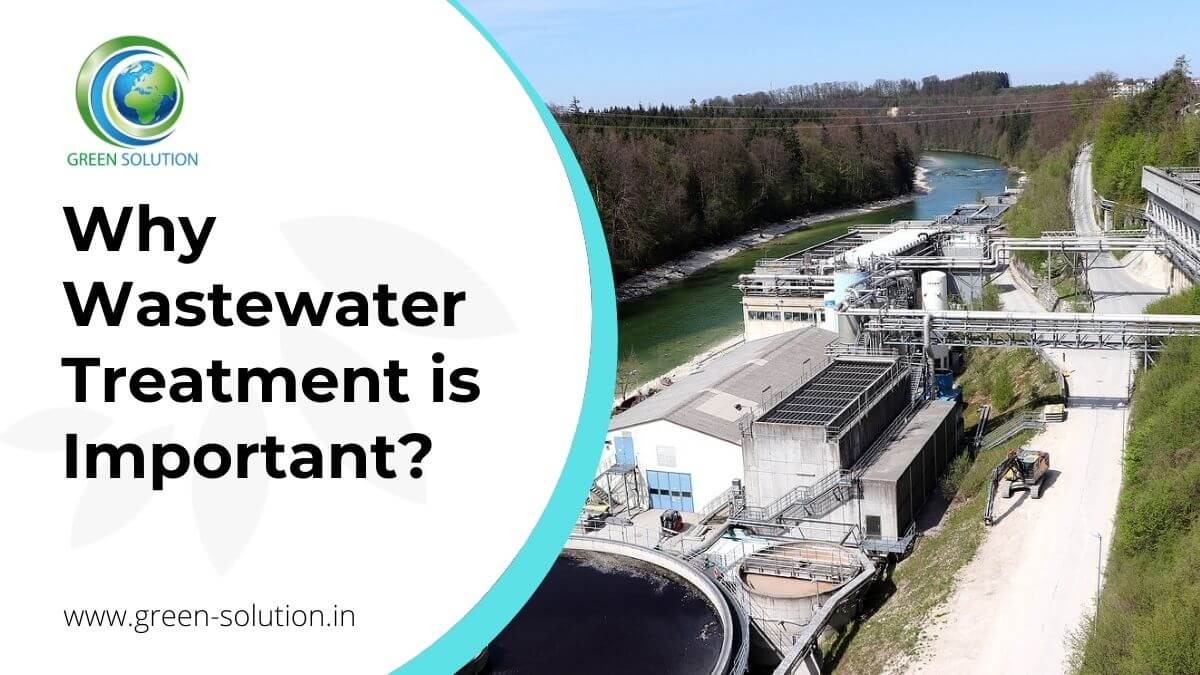The Ultimate Guide To Reclaim Waste
The Ultimate Guide To Reclaim Waste
Blog Article
Reclaim Waste Things To Know Before You Buy
Table of Contents4 Simple Techniques For Reclaim WasteThe Best Guide To Reclaim WasteSee This Report on Reclaim WasteHow Reclaim Waste can Save You Time, Stress, and Money.The Ultimate Guide To Reclaim Waste
Discover the kinds, incidents, and forms of liquid waste. Domestic sewage waste refers to the waste and items from a household sewage-disposal tank. This type of waste is created by human beings in residences, institutions, and various other buildings. This only consists of sewage-disposal tanks that have a drain area. The proper monitoring and disposal of residential sewage waste call for fluid waste to be moved to a sewer therapy plant where the correct techniques and equipment are put on cleanse and take care of waste.
Commercial waste often includes possible threats, such as combustible materials or a mix of liquid and solid waste products, and needs a much more innovative and comprehensive disposal process. The disposal of business waste normally involves the filtration of waste prior to transportation to make sure safe and appropriate disposal. Hazardous waste is developed from results and overflow of industrial procedures and manufacturing.
This kind of waste can not make use of the very same sewer monitoring transport or processes as septic or business liquids. The commercial waste management procedure requires the examination and testing of liquid waste prior to it goes through the disposal procedure (liquid waste disposal). Runoff waste is the fluid waste that comes from overflow and excess stormwater in highly booming locations or cities
Runoff waste can create contamination and flooding if not taken care of appropriately. Making sure appropriate waste monitoring can avoid calamities and minimize ecological damage.
The Reclaim Waste Statements
Contact PROS Services today to find out about our waste administration and disposal solutions and the correct means to take care of the fluid waste you create.
(https://myanimelist.net/profile/reclaimwaste1)Do you understand what happens to your water when you disengage, purge the toilet or drain the washing maker? No? Well, it's worth knowing. This supposed 'wastewater' is not just a crucial resource but, after treatment, will certainly be released to our land, waterways or the ocean. Used water from bathrooms, showers, bathrooms, kitchen sinks, laundries and industrial procedures is called wastewater.

water utilized to cool machinery or tidy plant and equipment). Stormwater, a kind of wastewater, is runoff that streams from agricultural and urban locations such as roofings, parks, yards, roadways, paths and rain gutters right into stormwater drains pipes, after rain. Stormwater streams unattended directly to local creeks or rivers, eventually reaching the sea.
Things about Reclaim Waste
In Queensland, many wastewater is dealt with at sewage treatment plants. Wastewater is transferred from domestic or industrial websites with a system of drains and pump stations, understood as sewage reticulation, to a sewage therapy plant. City governments develop, maintain and operate most sewer therapy plants. Operators are certified under the Environmental Management Act 1994 to discharge cured wastewater at an acceptable environmental requirement into waterways.
The Division of Natural Resources advises neighborhood federal governments concerning managing, operating and preserving sewerage systems and treatment plants. In unsewered areas, regional governments might call for homeowners to mount specific or household sewer therapy systems to deal with domestic wastewater from commodes, kitchen areas, washrooms and washings. The Division of Natural Resources authorises making use of family systems when they are verified to be efficient.
The majority of stormwater receives no therapy. In some brand-new communities, treatment of some stormwater to eliminate clutter, sand and gravel has actually started using gross contaminant catches. Wastewater therapy happens in four phases: Gets rid of strong issue. Bigger solids, such as plastics and other items wrongly released to sewage systems, are eliminated when wastewater is travelled through displays.
Wastewater after that moves into huge containers where solids resolve and are eliminated as sludge. Oil and scum are skimmed from the surface area. Utilizes small living organisms called micro-organisms to break down and remove continuing to be dissolved wastes and fine fragments. Micro-organisms and wastes are integrated in the sludge. Eliminates nitrogen and phosphorus nutrients that can create algal blooms in our waterways and endanger aquatic life.
4 Simple Techniques For Reclaim Waste
Nutrient elimination is not offered whatsoever sewage treatment plants since it requires pricey specialised devices. It is coming to be a lot more common in Queensland. Clear fluid effluent generated after treatment may still include disease-causing micro-organisms. If this effluent is released into rivers such as rivers or the sea, the micro-organisms will ultimately pass away out.

Most wastewater streams right into the sewerage system. Under the Act, local governments carry out authorizations and licences for eco relevant activities (Periods) entailing wastewater releases visit this page that may have a local effect.
About Reclaim Waste
Monitoring offers factual details regarding water high quality and can confirm that licence conditions are being met. The details acquired via surveillance gives the basis for making water quality choices.
Report this page